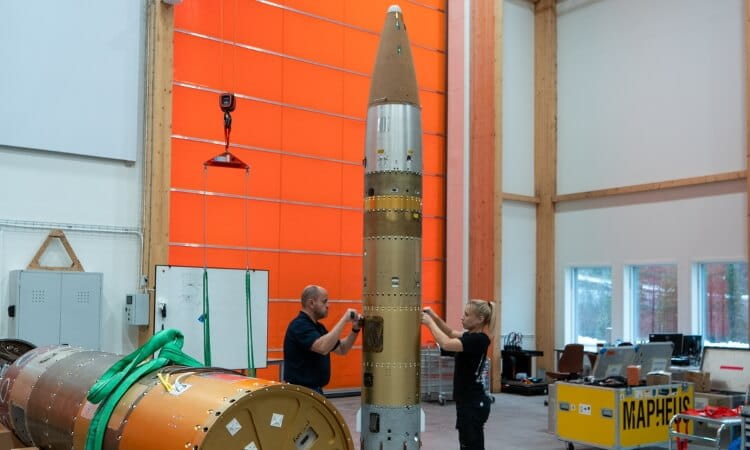Geminid Meteor Shower to light up the night skies

One of the most awesome astronomical events of the year is set to peak next week – and this year, the planets have aligned to make it better than ever.
The Geminid Meteor Shower – a dazzling display of ‘rock comet’ fragments – lights up December skies every year.
But University of Southern Queensland (UniSQ) astrophysicist Professor Jonti Horner said this year’s display would be even more spectacular because the shower’s peak coincides with the new Moon.
“The Geminids are caused by a trail of debris that the Earth crosses at this time every year, and we always get an amazing meteor shower that lasts a few weeks,” Professor Horner said.
“The difference this year is that their peak time coincides with the new Moon, so the Moon will be out of the way and the sky will be properly dark all night – making it the perfect time to watch the Geminids,” he said.
Professor Horner said the Geminids would reach their peak on the night of Thursday, December 14 and in the early hours of Friday, December 15, with the best view coming between midnight and 4am AEST (1-5am AEDT).
“Most people have seen at least one shooting star in their life,” he said.
“But when the Geminids reach their peak at around 2am AEST, you could see up to 40 or 50 every hour.”
Professor Horner recommended going camping or heading somewhere very dark to enjoy this show in the skies.
“Go somewhere dark, away from bright sources of light, and make sure to spend at least half an hour under the stars to let your eyes adjust fully to the darkness,” he said.
“Just lie back and enjoy the meteors, and that time spent with your loved ones.”
Professor Horner recommended people head to planetarium programs such as Stellarium to work out the best time to watch from wherever they’re observing.
Learn about the University of Southern Queensland’s Centre for Astrophysics.


